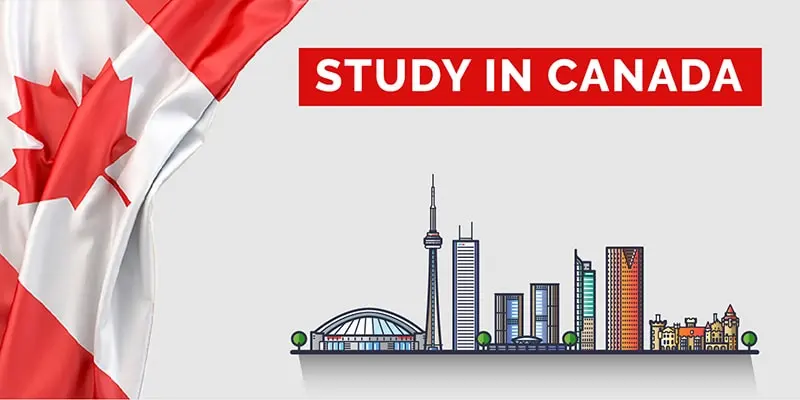
Living in Canada as an international student or immigrant from Rwanda can be a rewarding experience, offering a chance to experience a new culture, gain valuable education, and explore diverse opportunities. Here’s a guide to help you navigate the transition and make the most of your time in Canada:
1. **Cultural Adjustment**
– **Cultural Differences**: Be prepared for some cultural differences, such as communication styles, social norms, and daily routines. Canadians are generally known for being polite and respectful, but there might be variations in regional customs.
– **Community Support**: Look for local Rwandan or African communities and organizations. They can provide support, cultural connections, and social networks, which can help ease the transition.
2. **Climate**
– **Weather**: Canada’s climate can be quite different from Rwanda’s. Winters can be very cold with snow, especially in cities like Montreal, Ottawa, and Winnipeg. Be sure to invest in warm clothing and prepare for varying weather conditions.
– **Adaptation**: Take time to adjust to the weather changes. Proper winter gear (like insulated jackets, boots, and gloves) is essential.
3. **Cost of Living**
– **Expenses**: The cost of living in Canada varies by city. Major cities like Toronto and Vancouver are more expensive, especially in terms of housing. Smaller towns or cities may offer more affordable options.
– **Budgeting**: Make a budget that includes rent, utilities, food, transportation, and other personal expenses. Also, consider health insurance, as this may be necessary depending on your province and student status.
4. **Education and Work**
– **University Life**: If you’re a student, familiarize yourself with the university’s resources, including academic support, counseling services, and student associations. Engage in campus activities to build connections and enrich your experience.
– **Work Opportunities**: International students often have the option to work part-time during the academic year and full-time during breaks. Check the regulations for student work permits or other work opportunities.
5. **Healthcare**
– **Health Insurance**: As a student or new resident, you may need to arrange for health insurance. Some provinces provide health coverage for students, but it’s important to verify and ensure you’re adequately covered.
– **Healthcare System**: Familiarize yourself with the Canadian healthcare system and how to access medical services. Learn about the nearest clinics and hospitals, and understand how to register for a provincial health card if applicable.
6. **Housing**
– **Finding Accommodation**: Look for student residences, shared apartments, or rental options. University housing can be convenient but might be competitive. Exploring neighborhoods and understanding the local rental market can help you find suitable accommodation.
– **Lease Agreements**: Be aware of your lease terms and rights as a tenant. Make sure to read the lease agreement carefully and understand your responsibilities.
7. **Transportation**
– **Public Transit**: Many Canadian cities have reliable public transportation systems. Get familiar with the local transit options and consider getting a transit pass if you’ll be using public transportation frequently.
– **Driving**: If you plan to drive, you may need to obtain a Canadian driver’s license. Check the requirements for transferring your Rwandan license or obtaining a new one.
8. **Social Integration**
– **Making Friends**: Joining clubs, attending social events, and participating in community activities can help you meet people and integrate into your new environment.
– **Language**: English and French are the official languages in Canada. Depending on the region, you might need to use one or both languages. English is the primary language in most of Canada, while French is predominantly spoken in Quebec.
9. **Legal and Immigration**
– **Visa and Immigration**: Ensure that your visa or residency status is in order and that you understand the regulations and requirements. Keep track of any important deadlines and renewals.
– **Legal Rights**: Familiarize yourself with your legal rights and responsibilities in Canada, including those related to employment, housing, and education.
10. **Emergency Services**
– **Emergency Contacts**: Know how to contact emergency services (911 for police, fire, and medical emergencies) and have important phone numbers saved.
Adjusting to a new country can be challenging, but with preparation and openness, you can make the most of your experience in Canada. Embrace the opportunities for growth and exploration, and seek support when needed.




